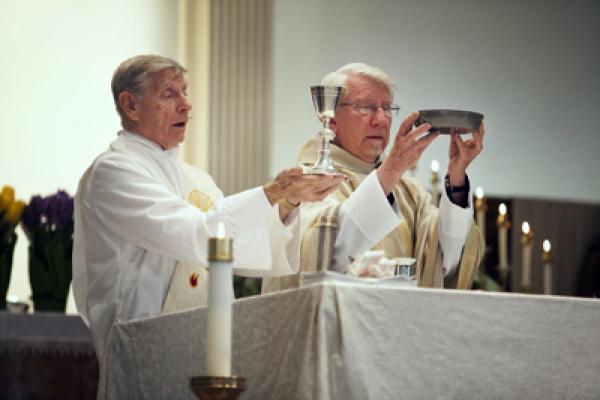While the first months of Pope Francis’ pontificate have been marked by his attention to the poor and his “Who am I to judge” attitude on homosexuality, his pledge to tackle the ban on Communion for divorced and remarried Catholics could have the biggest impact for Catholics in the pews, especially in the U.S.
The current policy has caused what some call a “silent schism,” and bishops around the world concede that the ban has alienated untold numbers of Catholics and their families.
“I think this is the moment for mercy,” Francis told reporters when asked about remarried Catholics during a wide-ranging news conference on the plane back to Rome from Brazil in July.
Like the gay issue, Francis seems to favor a more pastoral approach to the equally perplexing question of “invalid” marriages — couples who remarry outside the church without getting an annulment, or those who do not get married in church in the first place.
Read the Full Article

